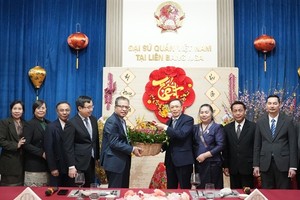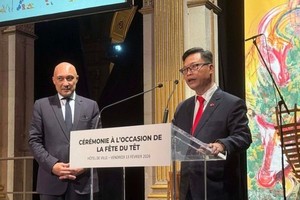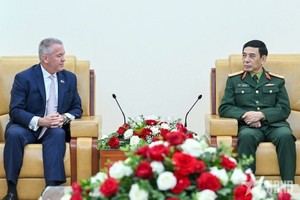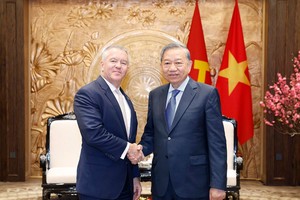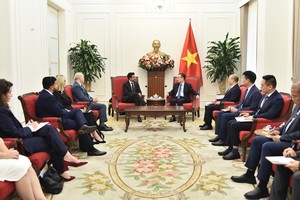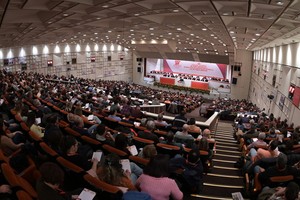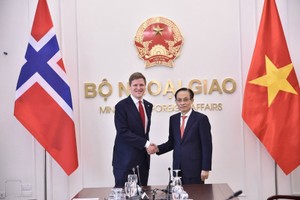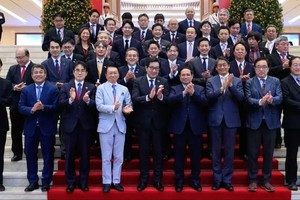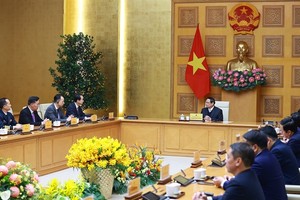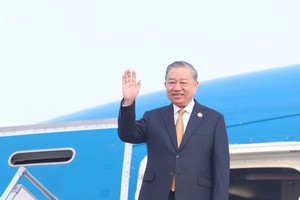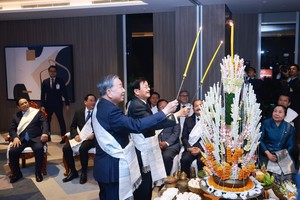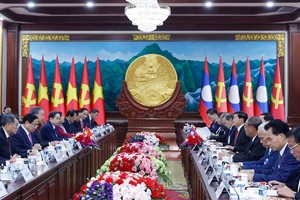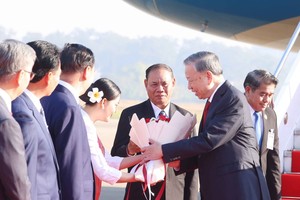Speaking at the plenary session, he highlighted Vietnam’s achievements, experience, and orientations in housing and urban development. He reaffirmed Vietnam’s commitment to actively and responsibly participating in regional cooperation mechanisms, notably the ASEAN Smart Cities Network (ASCN).
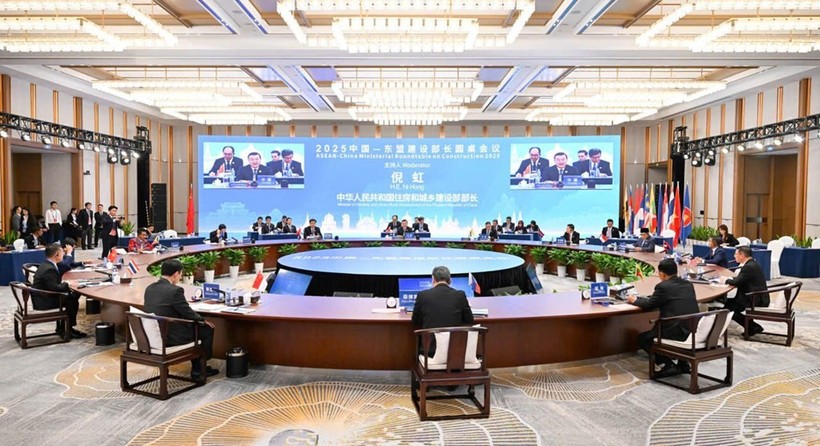
Given the region’s shared challenges, especially the impacts of climate change on urbanisation, the Vietnamese official proposed maintaining and strengthening the role of the annual ministerial conference as a key mechanism to address common issues and develop concrete action initiatives. It also suggested joint in-depth research programmes on pressing topics such as smart cities, climate change adaptation, and heritage preservation in the digital environment.
He also suggested enhancing the exchange of practical experience in applying technology and digital intelligence to build smart, resilient, and livable cities.
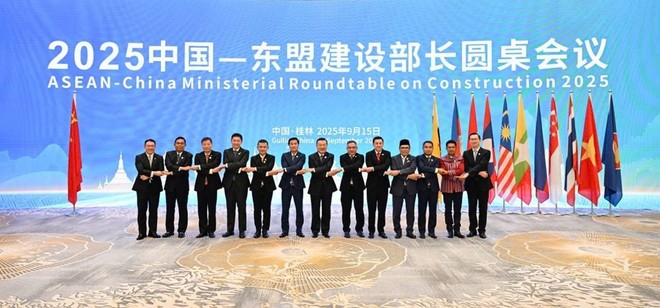
In a spirit of frank and open dialogue, participants heard insightful remarks presented by the Minister of Housing and Urban-Rural Development of China, ministers and heads of delegations from ASEAN member states. They reviewed effective cooperation outcomes in training human resources, scientific–technological exchange, harmonising construction standards, and implementing joint investment projects.
Delegates agreed to adopt the “Guilin Initiative”, which is expected to lay a foundation for a new phase of deeper and more substantive cooperation, aiming to build a shared sustainable and prosperous development future.
The conference served as a forum for ASEAN member states and China to share visions and experience, and propose strategic cooperation solutions in housing and urban development. Its success reaffirmed the importance of the ASEAN–China cooperation mechanism while underscoring Vietnam’s strong commitment to working with other nations to build a dynamic, resilient, and inclusive Asia.
